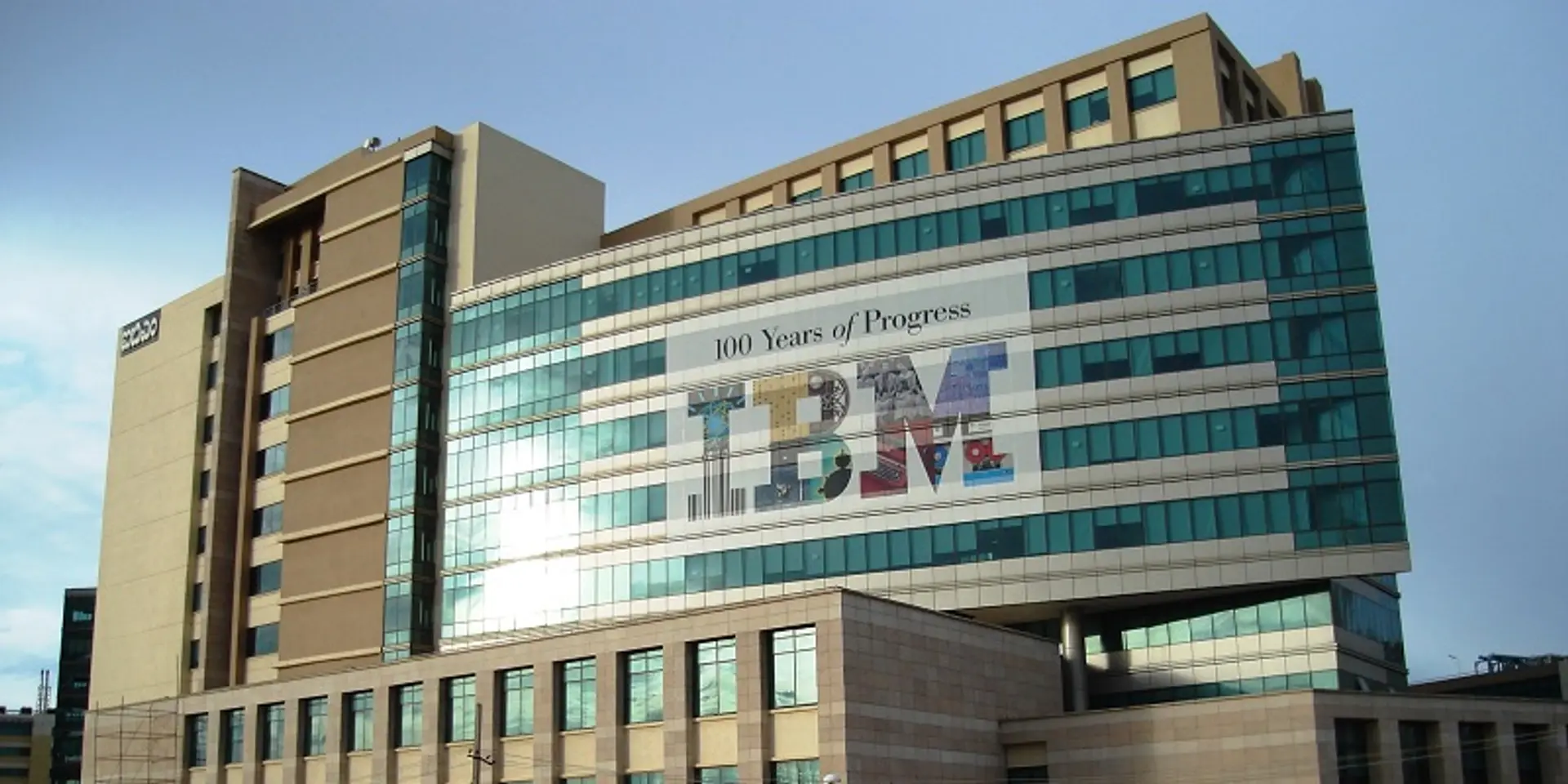Google, IBM and 7 other technology giants make mega consortium for faster server tech
Setting a foundation for high-speed microprocessor interconnect systems, technology stalwarts across the globe have announced a new open specification that would increase data centre server performances by 10 times.

Further, it would allow corporate and cloud data centres to speed up big data, machine learning, analytics, along with other emerging workloads.
Joining the global consortium are technology giants AMD, Dell EMC, Google, Hewlett Packard Enterprise, IBM, Mellanox Technologies, Micron, NVIDIA and Xilinx and Google, calling themselves the OpenCAPI Consortium.
Calling the new standard OpenCAPI, the consortium will pave the way for a high-speed pathway for different types of technology including advanced memory, accelerators, networking and storage, closely integrating their functions within the servers.
So, essentially, this would remove inefficiencies in traditional system architectures, while significantly improving server performance. Servers and related products based on the new standard are expected in the second half of 2017, while the OpenCAPI consortium plans to make the OpenCAPI specification fully available to the public at no charge before the end of the year.
However, in an official press statement, IBM stated that ‘interested parties will be able to register and download the specification directly online. Companies with plans to develop products based on the specification may do so by either joining the consortium or obtaining a licence from the consortium.’
In 2014, IBM claimed to be the first to introduce CAPI technology to the industry with their POWER8 processor and made it available to their OpenPOWER partners.
To give you an idea, OpenCAPI is expected to offer 25Gbits per second data rate, outperforming the present PCIe specification, which is at the maximum 16Gbits per second. Leading to a competitive advantage, this would help companies in finance, Internet services, retail, hospitality, medical, and automobile manufacturing who use data-intensive workloads such as machine learning, advanced analytics and other rapidly emerging technologies.
So how would the consortium help?
Speaking to Reuters Doug Balog, general manager for IBM Power, stated,
"It's clear that today's data centres can no longer rely on one company alone to drive innovation."
An official statement from IBM said that the open development approach will speed up innovation, as well as will provide a path forward for companies to bring differentiated products to the market.
Further the consortium ensures that these companies work closely to fully integrate new innovation across.
The statement also reveals the plan of some companies to enroll OpenCAPI-enabled products. While IBM plans to leverage the OpenCAPI specification, through POWER9-based servers in the second half of 2017, Google and Rackspace’s new server under development, codenamed Zaius, will leverage POWER9 processor technology while planning to provide the OpenCAPI interface in its design.
While Xilinx and Mellanox plan to introduce this technology in their new products of the future.







